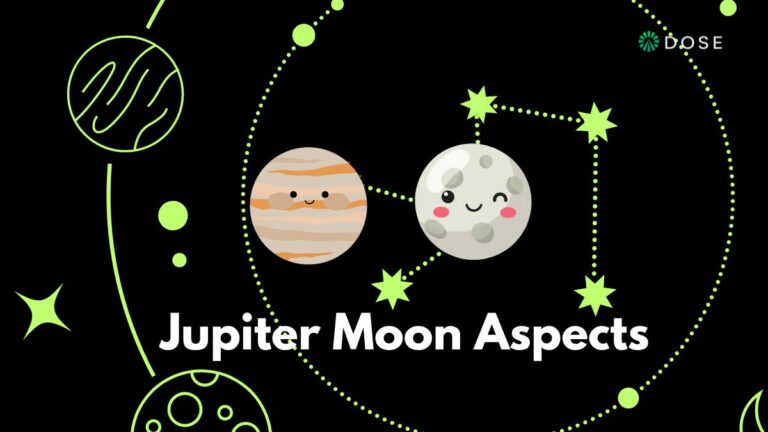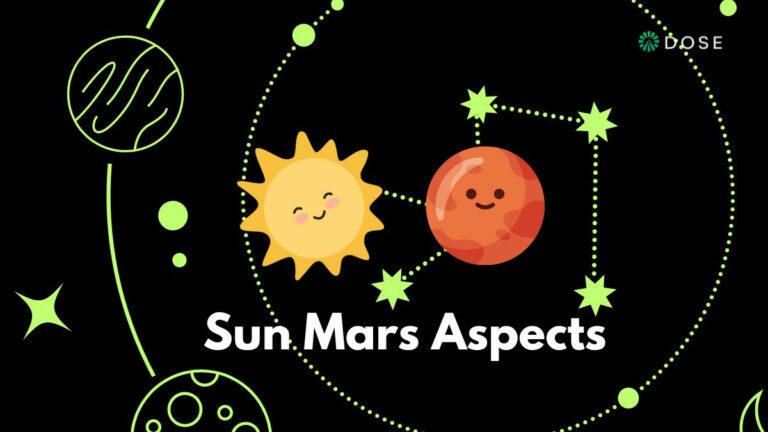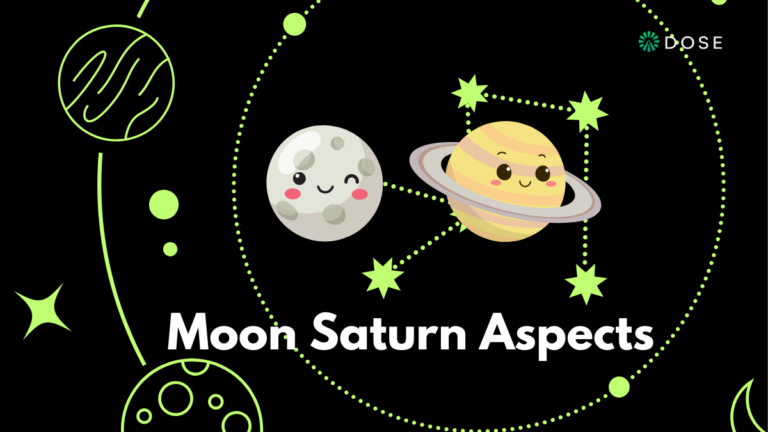
Check out our Astrology Services to explore the mysteries of the stars and how they influence your life's path.
Explore personal growth, romance, and self-knowledge
Explore personal growth, romance, and self-knowledge




Your guide for astrology, tarot, and angel numbers. We make understanding the stars easy. Get advice on love, work, and life from our experts. Explore the universe with us and learn about yourself.